The rugby legend and current ACT senator has always been a man of conviction and rarely backs down from a fight. Here, we chat about how he transitioned from the footy field to the Senate floor.
David Pocock is one of the few people in Australia to have successfully bridged the gap between representing our country at the highest tier of sport, as well as representing his constituents at the highest tier of Australian government.
After a wildly successful career in Rugby Union, where he was a reliable fixture and sometimes captain in the international Wallabies’ line-up, Pocock decided he wanted to make a mark on the country in other ways and, after much deliberation, ran for the Australian Capital Territory Senate seat in 2021. He won and has campaigned on a number of issues close to his heart and the people he represents for the past three years. Now, with the Australian Federal Election looming, Pocock is looking to retain his seat and continue his goal of making Australia a fairer place.
We caught up with Pocock to talk through his goals for a potential second term, how the lessons he learned in international footy have helped him in the halls of power, as well as how he’d like to be remembered.
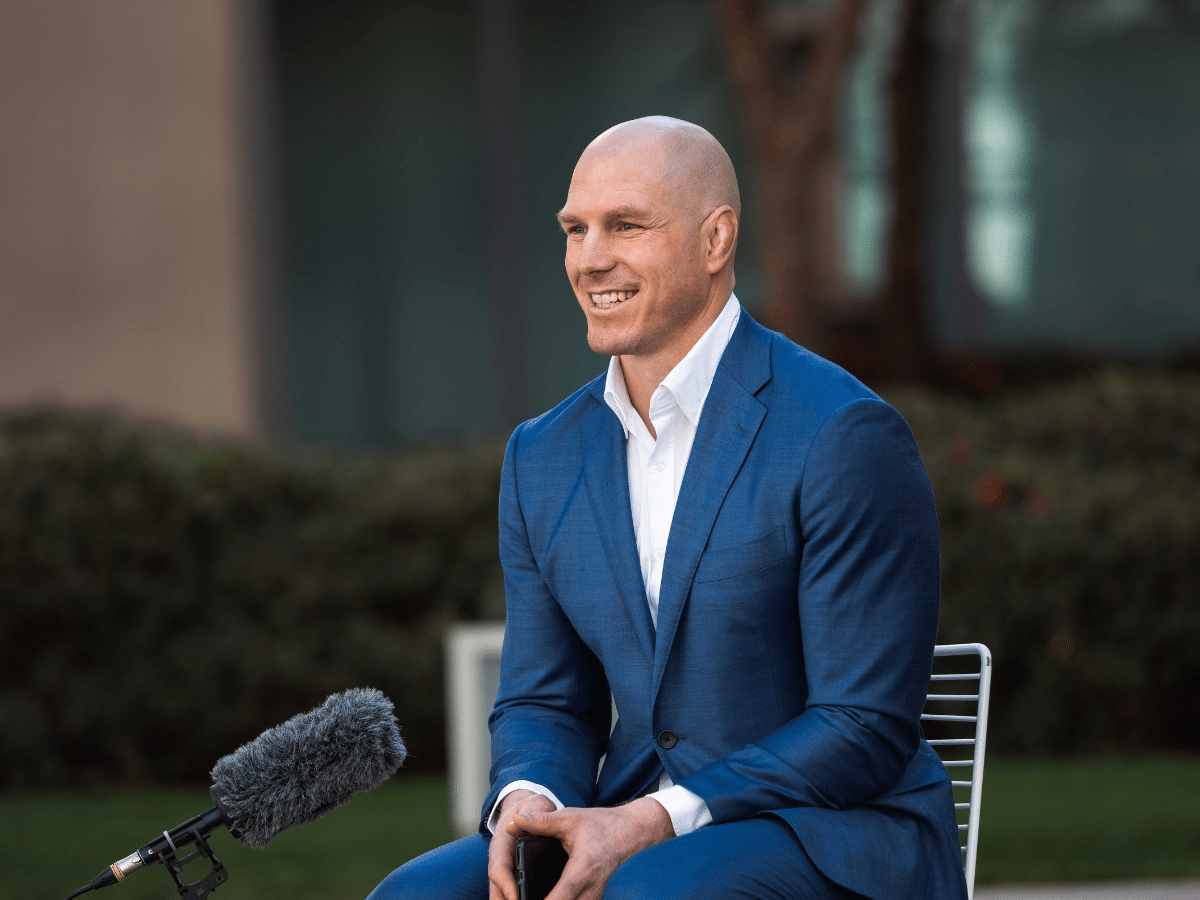
To start with, what are your key focuses for the year ahead?
David Pocock: As an Independent, I very much see my role as listening to the people I represent and pushing hard on those issues. So, the big ones are cost of living and housing – there are a lot of people who are doing it tough. Access to healthcare in the ACT is also big one, so we’ve been doing a lot of work on that, and climate and nature conservation are the other big pillars that we’ll be pushing into the election, and then if we get re-elected, into the next term.
A big part of what I’ve been focusing on, which was something that I was frustrated by before I got into politics and was part of the reason why I put my hand up, is how to change the way we make decisions. We’re here for a long time, and we want to actually plan for the long term and not just for these crazy three-year electoral cycles, and I think people do this in their own life all the time: they sacrifice something now because they knew it’ll be good for them in five, ten, fifteen years’ time. We’re doing this constantly as people, as families, as communities, but when it comes to our politics, we’re not.
That’s something I’ve been banging on about in the Senate for the past three years, and if I’m re-elected I’ll certainly continue to do that.
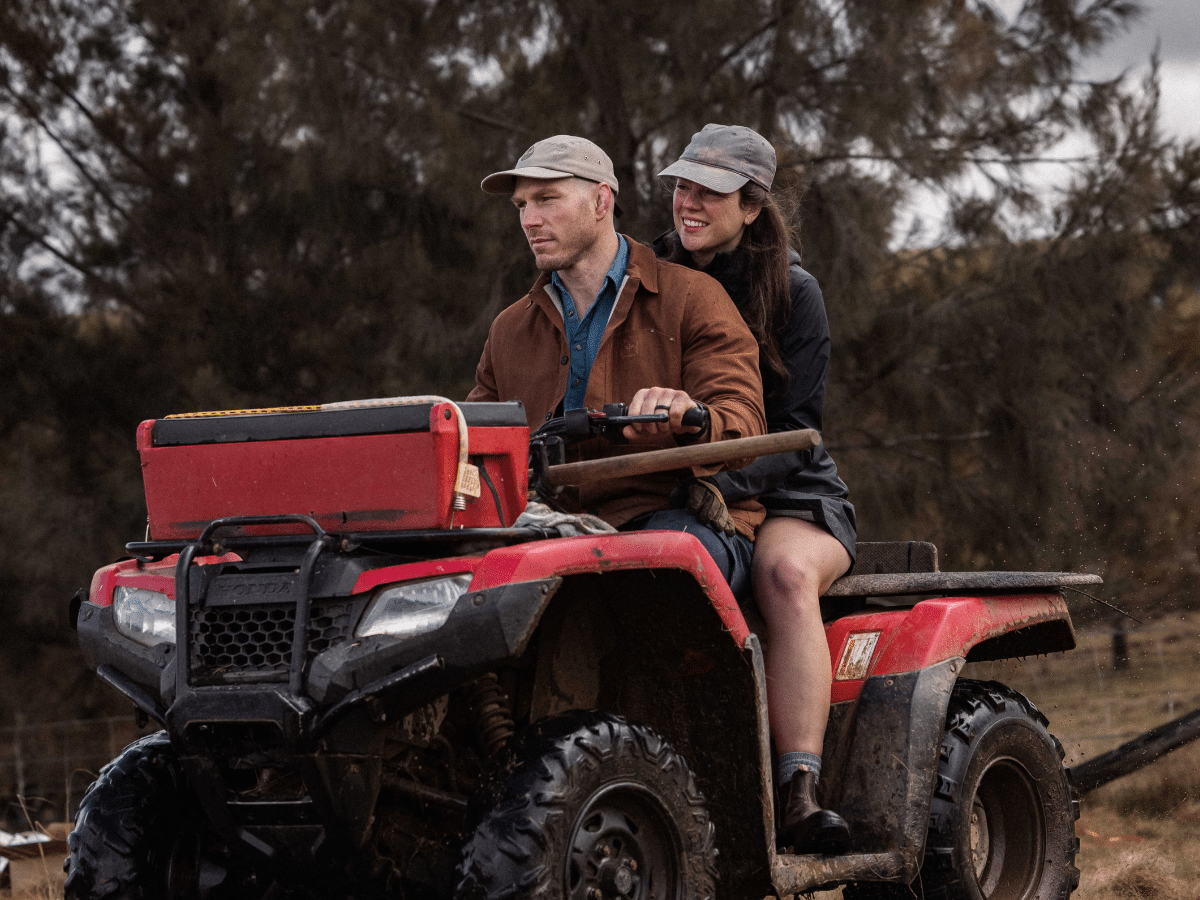
You’ve got a master’s in sustainable agriculture – I wanted to get an idea of what led you to study that, and how you marry that with how you position yourself in our political system.
Pocock: After finishing high school I enrolled in uni, but also moved to Perth to play professional rugby, and kept postponing my study. One I wanted to focus on rugby, and two I wasn’t really enjoying what I was studying, but I’ve always been really interested in agriculture growing up on a farm – particularly in trying to figure out how to do it better.
We’ve had this mindset of industrial agriculture where we’re essentially just mining the topsoil, depleting it, it’s been a disaster for our soils, our rivers, and over the long-term is just clearly not sustainable. So that was a real interest to me – figuring out how to turn that around – and I guess once I started studying something I was interested in, I loved it.
And how does it help me in politics? I think it helps me to think more about the big picture, where we actually sit in this. We’re part of nature, we don’t sit separate from it or above it, and the mindset of us being in charge and the world being there to serve us leads to some pretty short-term decision-making.
I think anyone who follows politics says ‘these guys are just making short-term decisions that are good for their political prospects, and aren’t good for the country’. It’s led to the crisis upon crisis that’s now stacking up, and so I think it’s given me a bit of perspective and understanding around systemic thinking, and how we actually make longer-term decisions.
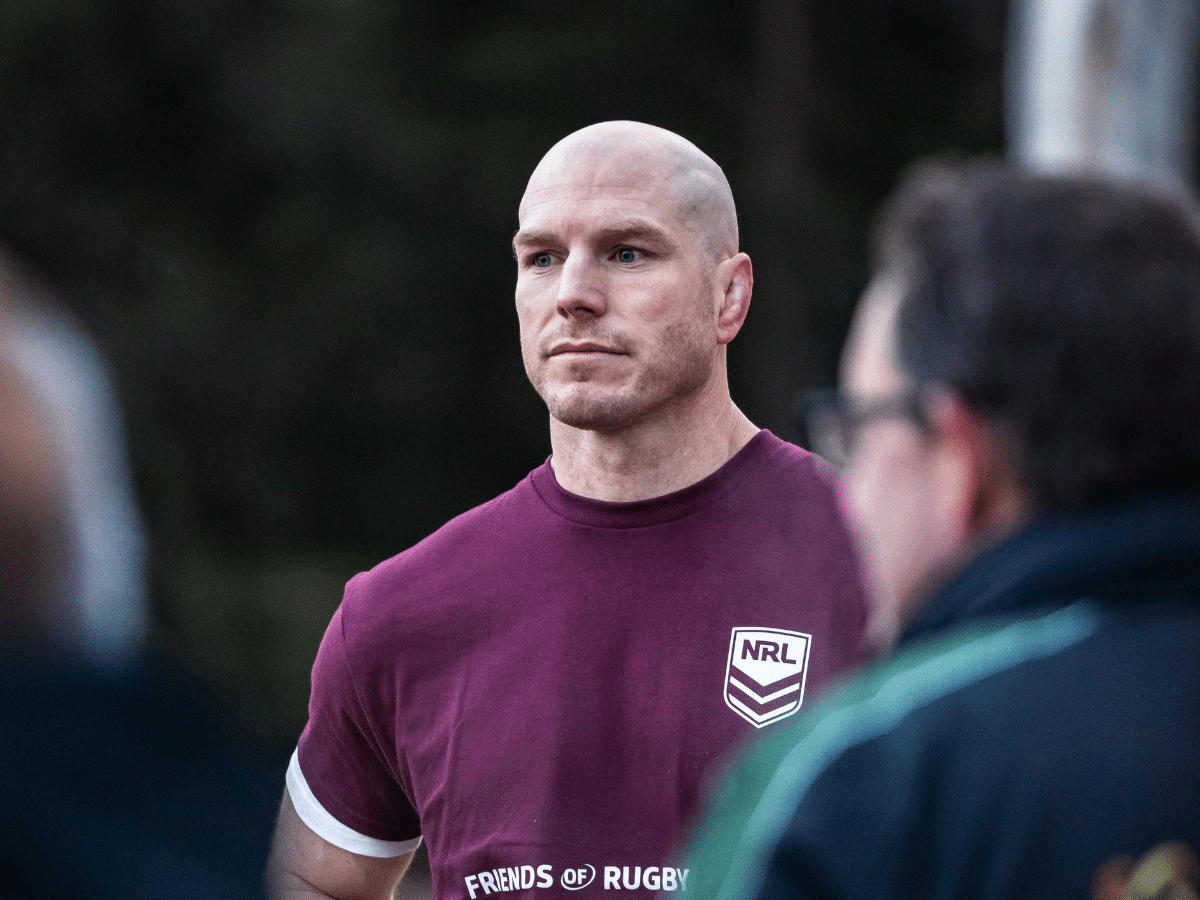
Even before you were an independent politician, you were very politically active and fairly well known for that. Can you talk me through that history of activism, and how that led to where you are today?
Pocock: As a kid, I wanted to play rugby at the highest level. I knew I wanted to do it. I knew what it was like to idolise certain rugby players, and then when I got there and was playing rugby and representing Australia, you have to think about what that means. Wrongly or rightly, you have a platform and people looking up to you, and after thinking about it, you realise there’s a whole bunch of things that I think are more important than rugby – to me, but also I think to all of us. I think we can acknowledge that it’s a game that’s there to be enjoyed, but I decided I wanted to use whatever platform I have to further conversations, and potentially bring a whole bunch of people that may not have been part of the conversation into it.
And that really came down to two things.
One was the conversation around homophobia in society and marriage equality. What’s the role of a sport in that? What does it mean for your team? Contact sports in Australia have a problem how many players are willing to be ‘out’ while they’re playing: there’s still a lot of work to do there, and so that was very much about me saying “I’m a part of this team, and I think we should be more inclusive.”
It shouldn’t be on that one individual , it should be on all of us to create an environment where people can be themselves, and part of that came out of what sport had been for me. It had been a refuge. Moving to Australia as a 14-year-old, sport was a place that I went to to make friends, to belong, and it was a really big part of my journey to feeling like I really was Australian and that this was my home. I wanted that to be available to anyone, regardless of skin colour or sexuality.
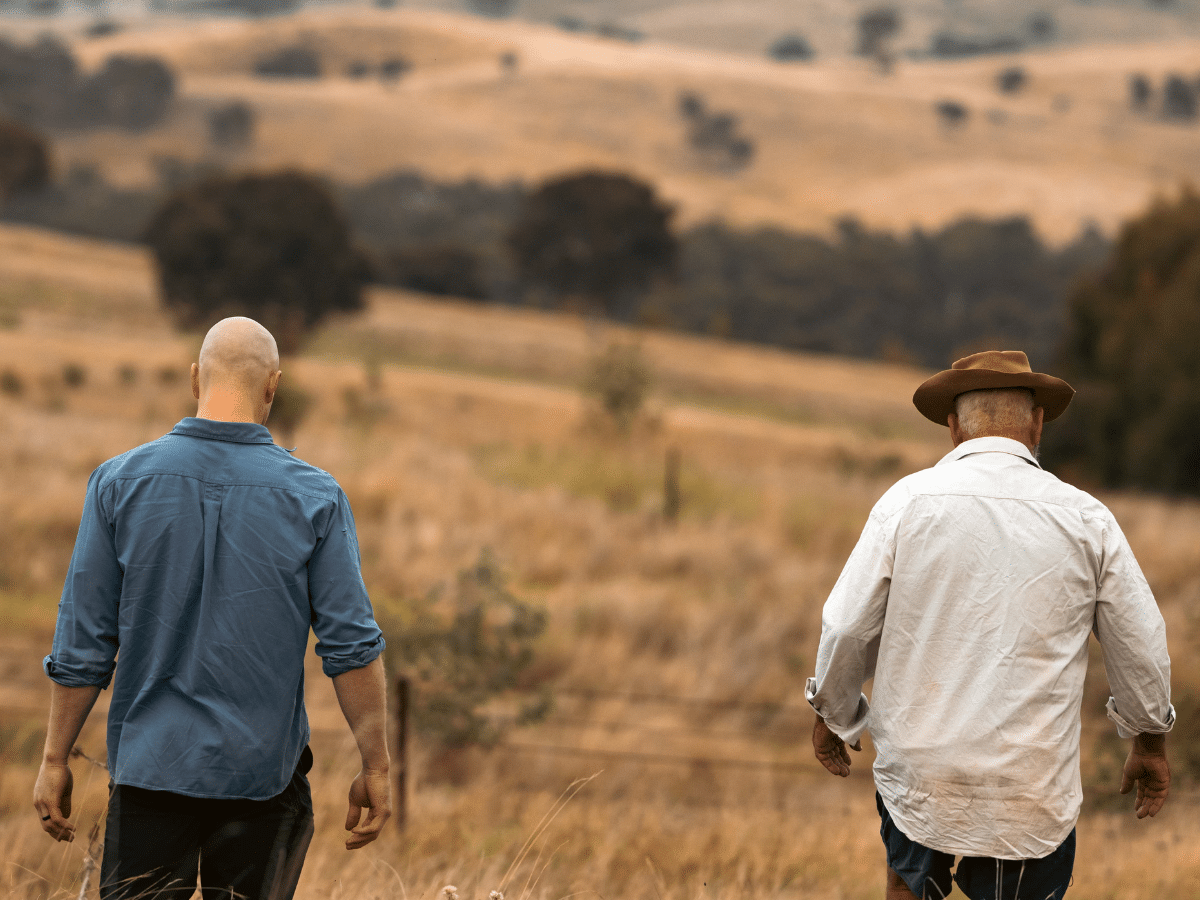
And then the other one was about making decisions on the way that we live when it comes to climate and nature. We’re totally dependent on it for everything, really, but that’s not how we are thinking . We have this delusion that we can continue to trash the planet and we’ll somehow be okay.
It’s something you have to think a lot about as a professional athlete because as soon as you talk about anything outside of your sport, you get told ‘mate, stick to sport’, and if you don’t have a good game everyone’s going to tell you, “if you spent less time doing all this other stuff, maybe you’d perform a bit better”.
Look, I feel like you performed pretty well.
Pocock: In some ways it was great motivation for me, actually. I was talking about things that I was genuinely interested and passionate about, but you’ve got to be able to back it up on the field and have that ability to perform.
What did those years at the Wallabies teach you about leadership and learning to walk the walk and talk the talk?
Pocock: It was funny, after I retired I used to say to Emma that I’d spent thousands of hours on certain skills that were now useless, and in some ways it would have been nice to have spent that time on things that were transferable, but once I started doing stuff outside of rugby I realised how much you do learn about being a part of a team, setting goals, work ethic, being able to take feedback on board and constantly trying to improve. As a professional athlete, I think if you don’t have a growth mindset you’re never going to make it.
You’re constantly saying to yourself, “what I did was good, but how do I get better”, and that means asking the people around you, seeking feedback, and having a good relationship with that feedback. So, I learned a heap at the Wallabies, and I’ve been very grateful for that.
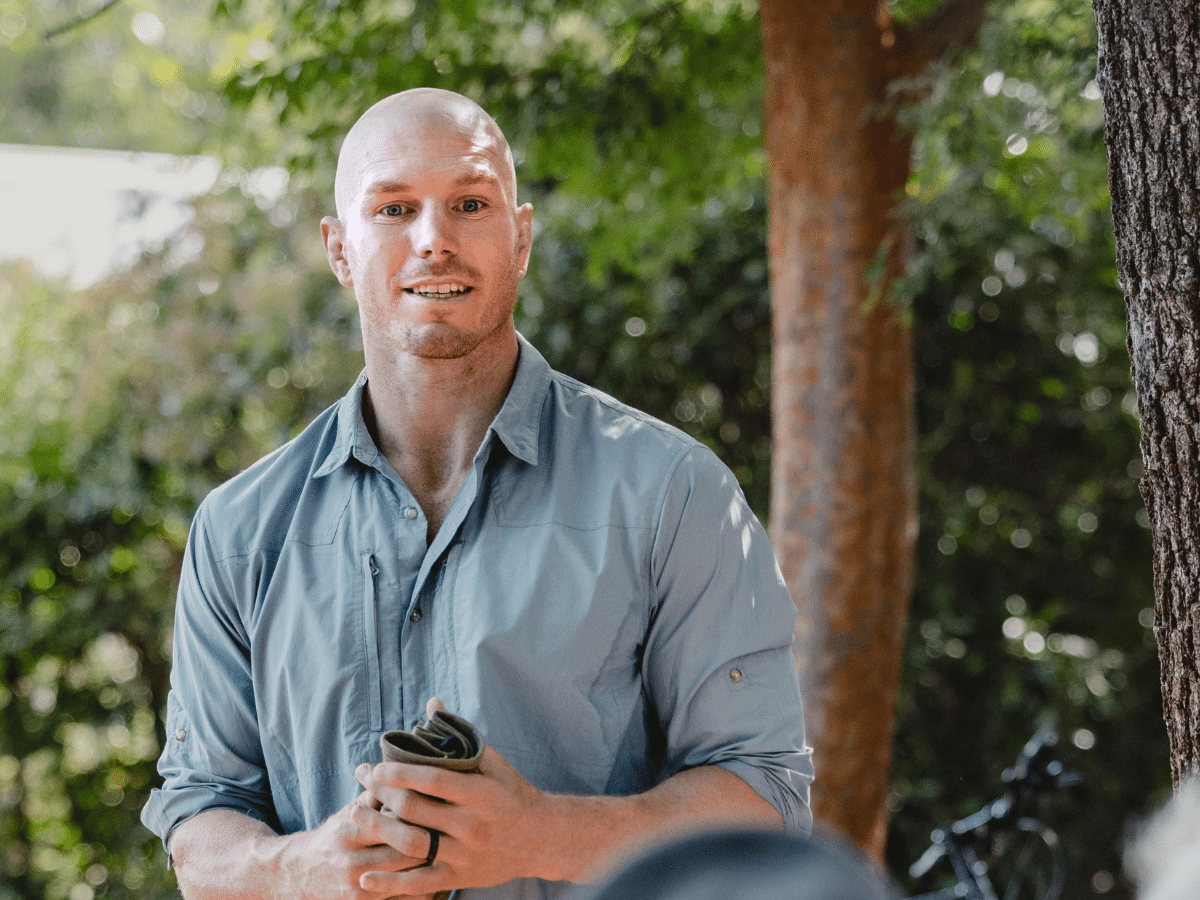
If you could give advice to someone who’s looking to get started in something, whether it be politics or activism, what would that advice be today?
Pocock: I think you need to be really clear on why you’re doing it, and find ways to get involved that feel authentic for you. Everyone’s interested in different things. It’s pretty easy to get frustrated and cynical about politics, and the thing that I say to people, and particularly young people, is to get involved: find ways to express your voice and find people that are feeling the same thing.
I’d say you’ve had a pretty long and successful career – when all is said and done, what do you want to be remembered for?
Pocock: The way I would think about it is that as people we tend to pay attention to what we’re passionate about and what we want to contribute to in life. I think when you do that, you create an impact and some kind of legacy in that area, and I think that’s what so many of us are craving at this point in history, where we have this society that is increasingly individualistic, and all about you and your personal success, but we evolved to be part of really tight-knit communities and to share success.
For me personally, I’d want to be able to look back on my life and say that when I was faced with critical, hard decisions, I chose the path that was going to lead to a larger life. There was a lot of uncertainty, but I knew I had to do this to be true to myself.


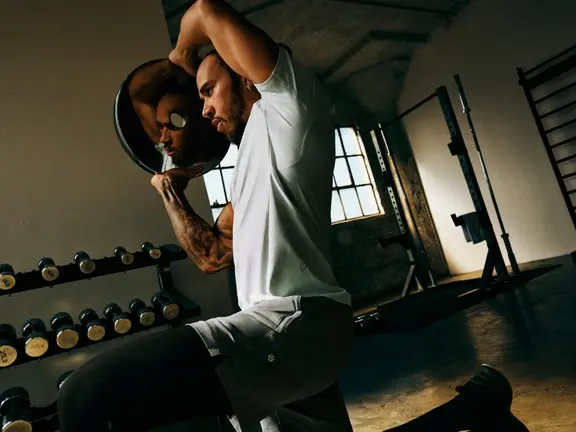







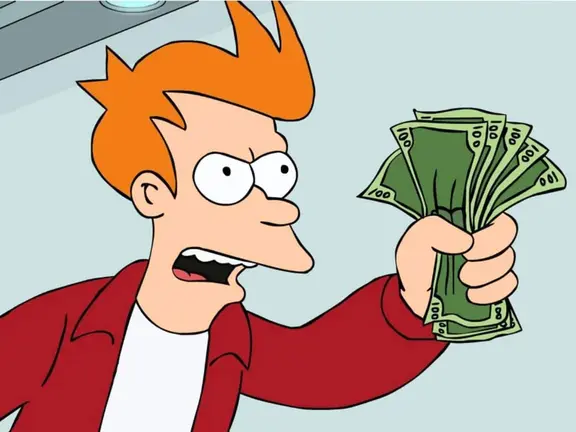

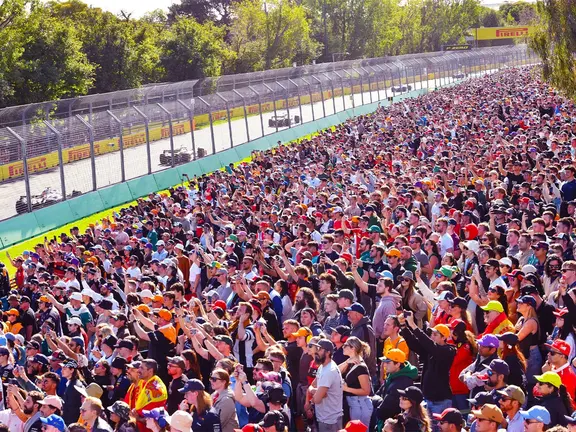


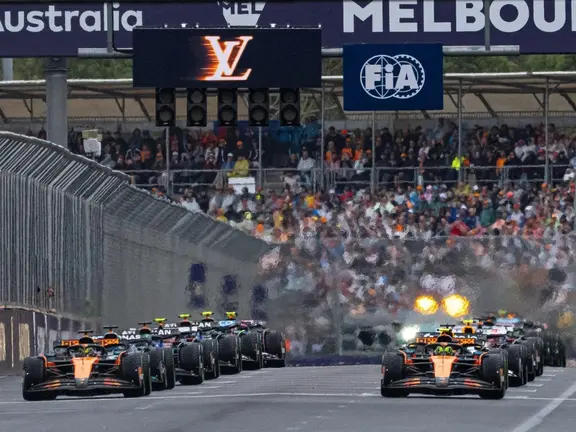
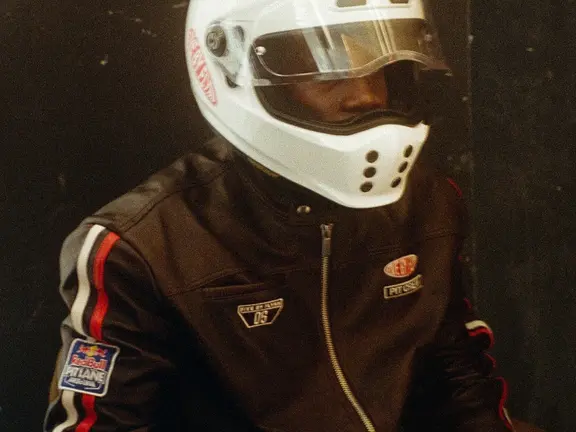





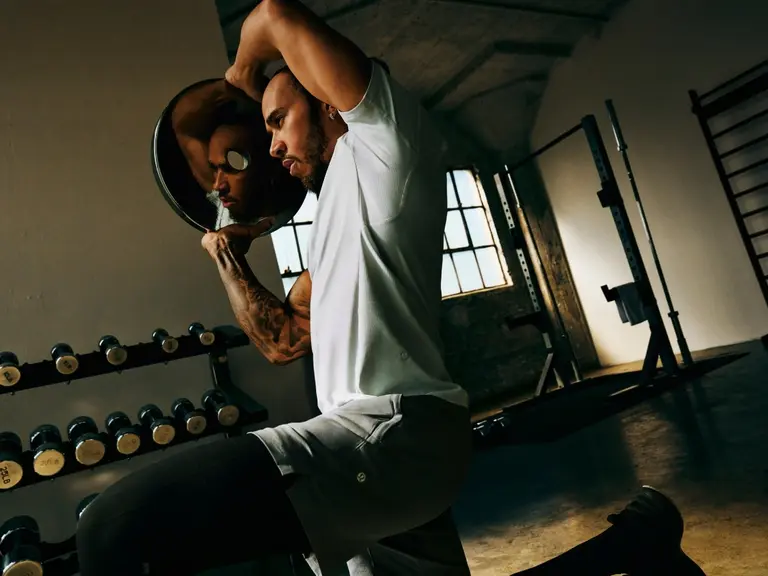






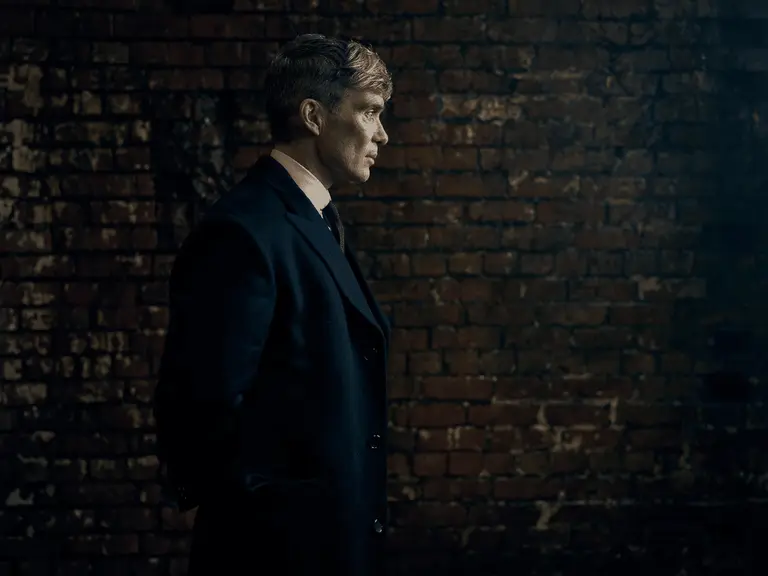
Comments
We love hearing from you. or to leave a comment.